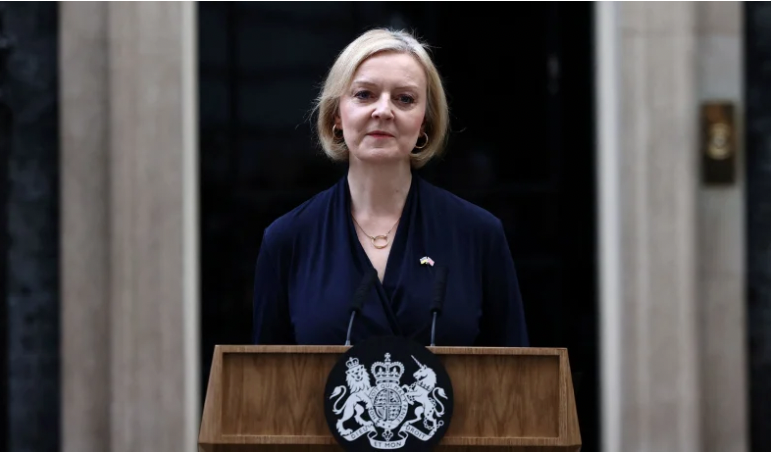
After Kwasi Kwarteng, Liz Truss’s chancellor of the Exchequer, had been shoved onto his sword in the wake of financial markets’ reaction to a “mini-budget” saturated supposedly with “free-market fundamentalism,” there was always a high probability that Truss would be looking at an early departure from 10 Downing Street. Once it became clear that not only had Truss lost her chancellor but also control of the Conservative Party’s agenda, a high probability became a certainty. Her authority was gone, a fact that given the gladiatorial nature of the House of Commons guaranteed humiliation after humiliation.
Meanwhile, her approval ratings had fallen to 10 percent, a total below even Prince Andrew’s. Sometimes you fall and cannot get up. Tory MPs can read the polls, and the polls show that the Conservatives are heading for electoral catastrophe. Under the circumstances, they realized that they had nothing to lose by losing Truss and that the sooner they did so, the better. Their task now is to stave off pressure for an early election, and hope that the roughly two years between now and the next general election will buy them enough time to win back enough support to avoid a wipeout or — you never know — something better than that.










